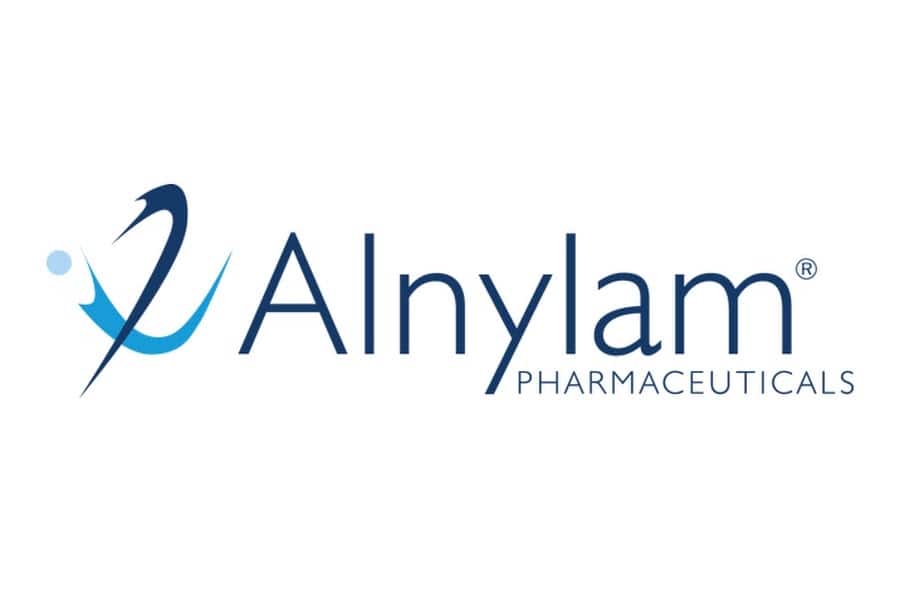
**Alnylam Pharmaceuticals’ Amvuttra (vutrisiran) has been approved by the Food and Drug Administration (FDA) to treat transthyretin amyloid cardiomyopathy (ATTR-CM), a potentially fatal disease of the heart muscle.**
The RNAi therapeutic has been authorised to treat the cardiomyopathy of wild-type or hereditary transthyretin (TTR)-mediated amyloidosis in adults to reduce cardiovascular mortality, hospitalisations and urgent heart failure visits.
Approximately 150,000 people in the US are affected by ATTR-CM, in which misfolded TTR protein builds up and causes irreversible cardiovascular damage over time.
The majority of patients remain undiagnosed and untreated, Alnylam outlined, adding that a significant portion of those who are treated with commonly used therapies experience disease progression.
Given quarterly via a subcutaneous injection, Alnylam’s Amvuttra works with the body’s natural system to rapidly knock down TTR and is already approved in the US to treat the polyneuropathy of hereditary TTR-mediated amyloidosis.
The company’s chief executive officer, Yvonne Greenstreet, said: “The FDA approval of Amvuttra for ATTR-CM marks a pivotal advancement for patients, providing a new and clinically differentiated treatment option that has been shown to improve outcomes, including cardiovascular mortality, and reduce progression for those living with this devastating disease.”
The FDA’s latest decision on the therapy was based on positive results from the phase 3 HELIOS-B trial, in which Amvuttra demonstrated statistical significance compared to placebo on all ten pre-specified primary and secondary endpoints.
In the overall study population, which included patients receiving Amvuttra as a monotherapy and those using the therapy alongside standard treatments, Alnylam’s drug reduced the risk of all-cause mortality (ACM) and recurrent cardiovascular events by 28% during the double-blind treatment period of up to 36 months.
In the monotherapy population, Amvuttra reduced the risk of ACM and recurrent cardiovascular events by 33% in the double-blind period and the risk of mortality by 35% at month 42. Mortality in the overall population was also reduced by 36% at month 42.
HELIOS-B investigator Ronald Witteles, Stanford University School of Medicine and Stanford Amyloid Center, said: “The trial enrolled patients who mirror the real-world population with this disease, and I am very encouraged by \[Amvuttra’s\] ability to demonstrate meaningful clinical benefits across both cardiovascular outcomes and multiple measures of disease progression. This is a very exciting day for patients with this challenging disease.”